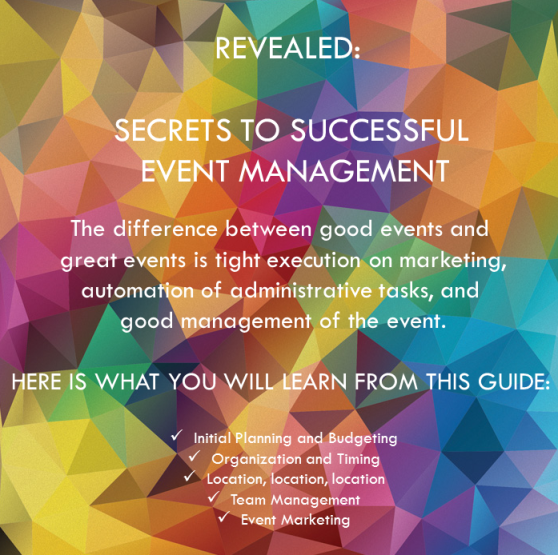
Sue Pelletier went to a tips-filled session at the American Society of Association Executives Annual Meeting in Detroit last summer on the topic of planning meetings outside the U.S.
Here are some of her top takeaways:
• Really large meetings may be hard to place, since U.S.–style convention centers are not common in a lot of other countries.
• Be prepared to pay a la carte for everything from meeting space to AV, especially in Europe.
• Think about whether you want to collect registration fees in U.S. or local currency. One audience member said they use local currency “So we didn’t look so American.” Some planners like to set up a local bank account to use for funds for things like tips and paying drivers. “Always ask how they do it there, and be sensitive to local customs and the local culture,” advised one panelist.
• Find out what visa requirements the country might have well in advance, because it could take longer and cost more than you might think. Also learn what the passport requirements are—some countries require that passports be valid for more than six months after you depart the country.
• Also find out if any vaccinations are recommended.
• Check your personal health insurance to make sure you’ll be covered should anything happen. One person told a story about an attendee who had to get $25,000 wire-transferred before the hospital would agree to operate on his broken arm. In some countries, you may also want to look into ransom insurance (yikes!).
• Tell attendees to pack prescription drugs in their overnight bag, and to leave the good jewelry at home.
• Learn the local customs. In some countries, it’s rude to say no to a request, so they may just nod but then not do what you asked. Make sure the other parties understand what you’re asking for, and provide a deadline. In some countries, a tip is considered an insult. In others, everyone else on the team will want a tip too. Panelists recommended KissBowShakeHands.com as a good site for international protocol.
• Always have hard copies of everything, especially in areas where electricity may be iffy.
• Be aware that equipment may not be what you’re used to. If you rent a computer in Senegal, chances are the keyboard will be in French.
• Manage your expectations. “You’re not bringing a U.S. meeting to Ethiopia; you’re holding an Ethiopian meeting,” said one panelist. You may find yourself having to scrabble to find enough chairs for your 500-person meeting, as one planner described. Plan to hold twice as many site visits as you would for a U.S.—based meeting.
• Manage your attendees’ expectations. Let them know ahead of time that they may not be able to get a Kosher or vegan meal. “A vegetarian in Africa gets chicken—chicken is considered a vegetable there, as is proscuitto in Italy,” said one panelist.
• A local partner can be a godsend, but make sure they come highly recommended.
• Protect your content by having everything copyrighted and trademarked.
• The Office of Foreign Assets Control (OFAC) of the U.S. Department of the Treasury administers and enforces economic and trade sanctions against some countries (such as Cuba, Nigeria, and Sudan). Check with an OFAC lawyer early in the planning process to make sure you are allowed to do business in that country.
• Think about what you can let go of, and what you can live with. And check with state.gov/travel early and often.
Source: meetingsnet.com




0 comments:
Post a Comment